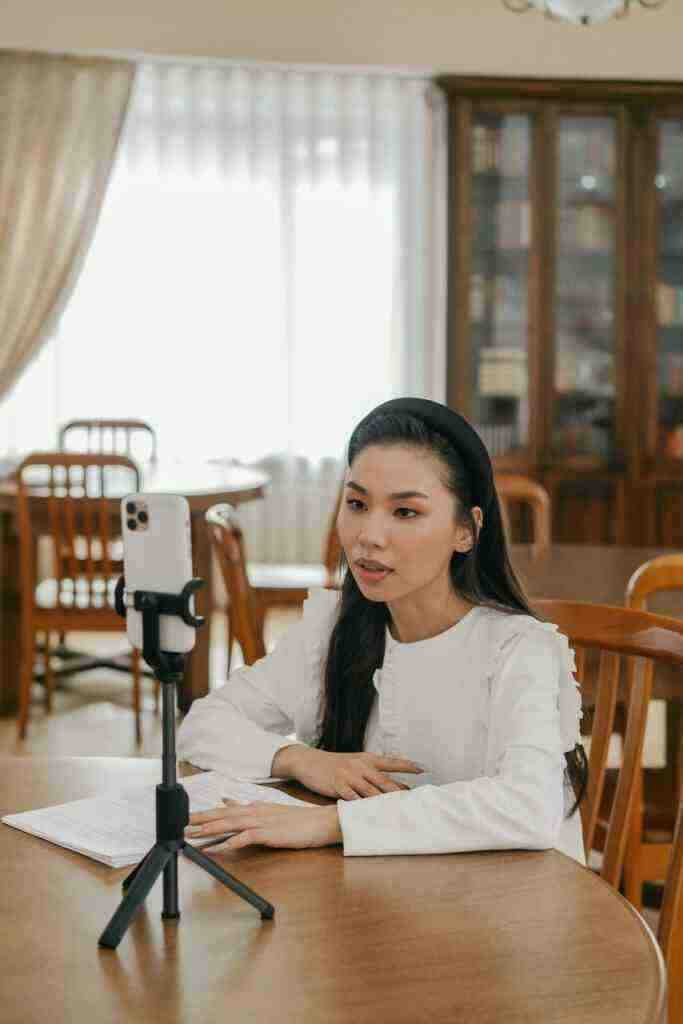Love in the Age of Choice: Navigating the Labyrinth of Online Dating
In the vast digital landscape of the 21st century, the pursuit of love has undergone a seismic transformation. Online dating platforms, with their seemingly boundless options and instant connections, have revolutionized the way people meet, interact, and potentially find their soulmates. However, this newfound freedom and abundance of choice have also given rise to a unique set of challenges, anxieties, and frustrations that demand our attention. This article delves into the intricate dynamics of online dating, exploring the complex interplay between personal values, societal expectations, and technological advancements that shape our modern romantic experiences.
The Illusion of Limitless Possibilities and Its Discontents
The advent of online dating has granted individuals an unprecedented degree of freedom in exploring romantic possibilities. With a few clicks, users can access a vast pool of potential partners, transcending geographical boundaries and social circles. This seemingly endless array of options, however, can also be a double-edged sword. Psychoanalyst Erich Fromm’s insightful observations on freedom and powerlessness resonate in the context of online dating. The illusion of limitless choices can paradoxically lead to feelings of isolation, inadequacy, and a sense of powerlessness in making the “right” decision. The sheer volume of options can be overwhelming, creating a state of perpetual indecision and dissatisfaction.
The Clash of Values: Commodification of Relationships vs. Authentic Connections
Online dating platforms often present relationships as commodities, reducing them to a series of preferences, criteria, and checkboxes. This commodification of relationships can clash with societal values that emphasize emotional connection, commitment, and stability. Users may find themselves torn between the desire for authenticity and the pressure to conform to idealized standards portrayed in media and online profiles. This misalignment can lead to frustration, disappointment, and a sense of disillusionment when expectations don’t match reality. The perceived ease of moving on to the next potential partner can further exacerbate this issue, fostering a culture of disposability and a lack of accountability.
Liquid Modernity, Emotional Capitalism, and the Changing Nature of Love
British sociologist Zygmunt Bauman’s concept of “liquid love” aptly captures the transient and flexible nature of relationships in the modern world. In this era of “individual without ties,” love and relationships are often characterized by fluidity and impermanence. French-Israeli sociologist Eva Illouz argues that capitalism’s influence on societal norms and values has transformed love and romance into commodities subject to market forces. This shift has created unique challenges for individuals seeking meaningful connections in a world where self-interest and consumerism often take precedence over emotional depth and commitment.
Misaligned Values and the Seeds of Frustration
When individuals with misaligned values or expectations engage in online dating, frustration and conflict are almost inevitable. One person may seek a long-term commitment, while the other prefers casual encounters or exploration. Such fundamental misalignments can lead to misunderstandings, disappointment, and even abuse. The anonymity and ease of disconnection in online dating can exacerbate these issues, fostering a sense of disposability and a lack of accountability. Ghosting, breadcrumbing, and other forms of digital deception become more prevalent in a world where relationships can be discarded with a few clicks.
The Fear of Intimacy and Commitment: A Growing Trend
Amidst the abundance of choices and the perceived ease of moving on, some individuals may find themselves caught in a cycle of endless searching, unable or unwilling to commit to a single relationship. This fear of intimacy and commitment can stem from various factors, including past experiences, societal pressures, or a desire to maintain control over one’s romantic life. The perceived ease of moving on to the next potential partner can hinder the development of deeper connections and emotional vulnerability. This fear of commitment can manifest in a variety of ways, from an endless cycle of casual encounters to a pattern of self-sabotaging behaviors that prevent meaningful relationships from forming.
The Impact of Negative Experiences: From Disappointment to Trauma
Negative experiences in online dating can range from mild disappointment to severe trauma. Verbal abuse, encounters with individuals who misrepresent themselves, and even physical or sexual assault are among the reported experiences of online daters. These incidents can leave lasting emotional scars and erode trust in the online dating process. The anonymity and ease of disconnection in online dating can further exacerbate these issues, fostering a sense of disposability and a lack of accountability. It is crucial to recognize the potential risks associated with online dating and to take steps to protect oneself from harm.
Conclusion: Navigating the Labyrinth with Mindfulness and Self-Awareness
Online dating has undoubtedly transformed the landscape of modern romance. While it has opened up new avenues for connection and expanded the possibilities for finding love, it has also brought forth a unique set of challenges and complexities. The clash between perceived commodification of relationships and societal values, the influence of “liquid” modernity and emotional capitalism, and the misalignment of values among users can lead to feelings of anxiety, frustration, and even abuse. As individuals navigate the intricacies of online dating, it is essential to approach the process with mindfulness, self-awareness, and a critical understanding of the societal and cultural forces that shape our perceptions of love and relationships. By embracing authenticity, fostering meaningful connections, and recognizing the potential risks involved, we can navigate the labyrinth of online dating with greater intention and purpose, increasing our chances of finding love and fulfillment in the digital age.
